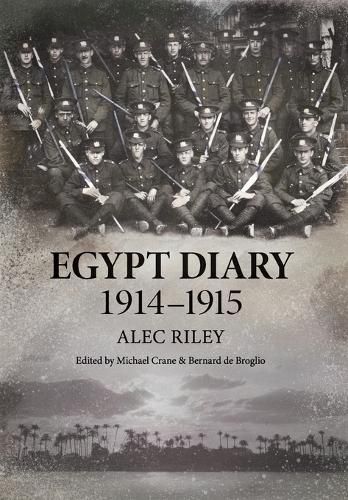Readings Newsletter
Become a Readings Member to make your shopping experience even easier.
Sign in or sign up for free!
You’re not far away from qualifying for FREE standard shipping within Australia
You’ve qualified for FREE standard shipping within Australia
The cart is loading…






This title is printed to order. This book may have been self-published. If so, we cannot guarantee the quality of the content. In the main most books will have gone through the editing process however some may not. We therefore suggest that you be aware of this before ordering this book. If in doubt check either the author or publisher’s details as we are unable to accept any returns unless they are faulty. Please contact us if you have any questions.
From a ground-floor room at the end of one block shone a light. It came from a canteen. I saw others were busy while I was lowering a pint of shandy. I was so dry that I could not taste it-I could only just feel it. We felt better. Where there was beer there was hope.
Alec Riley was a signaller in the British Army’s 42nd (East Lancashire) Division. Egypt Diary 1914-1915 tells of the mobilisation of the division at the outbreak of war, and the territorials’ eight-month-long period of training and garrison duty in Egypt prior to being deployed to Gallipoli. It brings to life the strange and exotic sights met by the Lancashire lads, most of whom had previously travelled no further than the annual camps held in North Wales.
Written in Alec Riley’s dry style, the diary relates with wit and humour the many fascinating experiences and events Riley and his comrades encountered. Interactions with Egyptian locals are interspersed with Riley’s acute (and at times subversive) observations of his own officers. Desert marches, exercises and various mundane duties are recorded, as well as measures taken to guard canteens against Australian raiding parties.
The book is lavishly illustrated with contemporary soldiers’ photographs of Egypt and four specially-produced maps. The editors, Michael Crane and Bernard de Broglio, have added extensive footnotes and detailed biographies of almost 40 officers and men who come to life in Alec Riley’s writings.
$9.00 standard shipping within Australia
FREE standard shipping within Australia for orders over $100.00
Express & International shipping calculated at checkout
This title is printed to order. This book may have been self-published. If so, we cannot guarantee the quality of the content. In the main most books will have gone through the editing process however some may not. We therefore suggest that you be aware of this before ordering this book. If in doubt check either the author or publisher’s details as we are unable to accept any returns unless they are faulty. Please contact us if you have any questions.
From a ground-floor room at the end of one block shone a light. It came from a canteen. I saw others were busy while I was lowering a pint of shandy. I was so dry that I could not taste it-I could only just feel it. We felt better. Where there was beer there was hope.
Alec Riley was a signaller in the British Army’s 42nd (East Lancashire) Division. Egypt Diary 1914-1915 tells of the mobilisation of the division at the outbreak of war, and the territorials’ eight-month-long period of training and garrison duty in Egypt prior to being deployed to Gallipoli. It brings to life the strange and exotic sights met by the Lancashire lads, most of whom had previously travelled no further than the annual camps held in North Wales.
Written in Alec Riley’s dry style, the diary relates with wit and humour the many fascinating experiences and events Riley and his comrades encountered. Interactions with Egyptian locals are interspersed with Riley’s acute (and at times subversive) observations of his own officers. Desert marches, exercises and various mundane duties are recorded, as well as measures taken to guard canteens against Australian raiding parties.
The book is lavishly illustrated with contemporary soldiers’ photographs of Egypt and four specially-produced maps. The editors, Michael Crane and Bernard de Broglio, have added extensive footnotes and detailed biographies of almost 40 officers and men who come to life in Alec Riley’s writings.